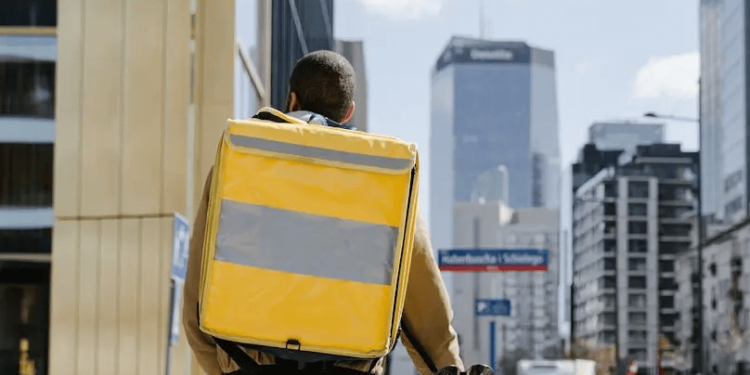Since May 2023, fuel prices in many African countries, especially Nigeria, have surged, posing significant challenges to small and medium-sized enterprises (SMEs). For entrepreneurs like Faith Idebuemi, CEO of SeaFa Collections, the increases in the price of premium motor spirit (PMS) have doubled logistics costs, forcing her to rethink how she delivers products to customers.
“We now encourage customers to buy in bulk to save on delivery costs. Sometimes, I even deliver on my way to other engagements because it’s cheaper than using delivery bikes,” Idebuemi explained.
SMEs operating online stores, especially in the fashion and accessories sector, have been hit hard by the cost of logistics. Faith Ogidan, who began her business in 2014, shared how she used to offer near-free delivery. Now, she struggles to keep up with the inflated charges. “Delivery to Yaba, which used to cost N2,500, now costs up to N5,000. I help customers buy large quantities so they can save on delivery, but it’s not sustainable long-term.”
Many entrepreneurs have shifted to more cost-effective measures. Ganiyu Adebola, CEO of Moma Couture, now consolidates orders and delivers only twice a week. “We’re focusing more on bulk deliveries because dispatching items daily has become unsustainable.”
Logistics Firms Raise Prices
The ripple effect of fuel price hikes has reached logistics companies, which have also raised their fees. Remedial Health, a health-tech company, sent out an email notifying customers of adjustments to their delivery process due to economic pressures. Fez Delivery, which previously charged N2,500 for small parcels, now charges N3,075, reflecting a broader industry trend.
Zainab Sadiku, general manager of Paralex Logistics, confirmed that delivery prices have more than doubled, with customers becoming more understanding. “Yaba to Lagos Island used to be N1,500, but now it’s at least N3,000. Customers are adapting, with many opting for commercial buses for local deliveries.”
Sadiku also observed a reduction in delivery frequency, as businesses moved from daily deliveries to twice-weekly shipments to help customers save. “People prefer to wait until delivery costs are justified instead of spending N5,000 on a product worth the same amount,” she noted.
Impact on Small Businesses Across Africa
The sharp rise in fuel prices is affecting MSMEs across Africa, not just Nigeria. In cities like Aba and Abuja, delivery costs have skyrocketed, sometimes equaling the price of the goods themselves. Williams Fatayo, CEO of TruQ, pointed out that this trend is reducing sales for many businesses. “When services become too expensive, consumers hold back, and that impacts the overall demand.”
As fuel prices remain volatile and inflation stays high, African MSMEs are having to adapt quickly. Bulk deliveries, paired shipments, and alternative delivery options like commercial buses are becoming essential strategies for survival in the face of rising logistics costs. However, the long-term impact on these businesses and their customers remains uncertain, as basic services like delivery become increasingly inaccessible.










